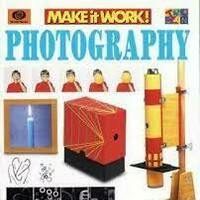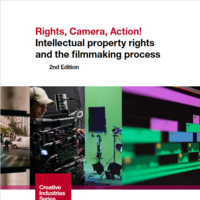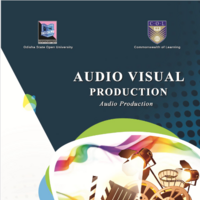Search
Books+
Searching 1,73 books
Search related to the career Photographer
Education Requirements for Becoming a Photographer:
There are no strict educational requirements to become a photographer, as it is considered a skill-based profession. However, acquiring formal education in photography can greatly enhance your skills and improve your chances of success in the field. Here are some educational paths that aspiring photographers often pursue:
1. High School Education:
Completing high school or obtaining a General Education Development (GED) certificate is typically the minimum educational requirement for pursuing a career in photography. High school courses in art, design, computer science, and mathematics can provide a solid foundation for future studies in photography.
2. Bachelor's Degree in Photography:
Many universities and colleges offer bachelor's degree programs in photography or fine arts with a concentration in photography. These programs provide comprehensive training in various aspects of photography, including technical skills, composition, lighting, and post-processing techniques. A bachelor's degree can provide a well-rounded education and open up opportunities for advanced positions or further specialization.
3. Associate Degree or Diploma:
Alternatively, aspiring photographers can pursue an associate degree or diploma in photography. These programs typically have a shorter duration compared to bachelor's degree programs and focus more on practical skills and hands-on training. They can be a more cost-effective option for those looking to enter the industry quickly.
4. Online Courses and Workshops:
In addition to formal education, many photographers enhance their skills through online courses and workshops. These can be a valuable resource for learning specific techniques, exploring different genres of photography, and staying updated with the latest trends and technologies.
5. Apprenticeships and Assisting Professional Photographers:
Some aspiring photographers choose to gain practical experience by working as apprentices or assistants to established professional photographers. This hands-on training allows them to learn directly from experienced practitioners, understand the business aspects of photography, and build a network within the industry.
It's important to note that while formal education can provide a solid foundation, the photography industry highly values practical experience, creativity, and a strong portfolio. Many successful photographers have built their careers through a combination of education, self-learning, and continuous practice.
Remember, the specific educational path you choose may depend on your personal goals, resources, and the type of photography you wish to pursue.
Source: Various AI tools




















































